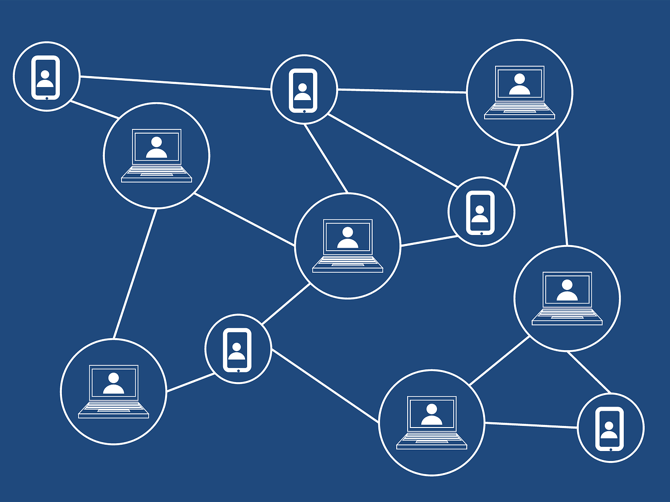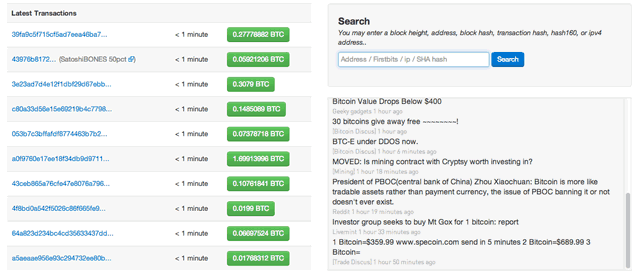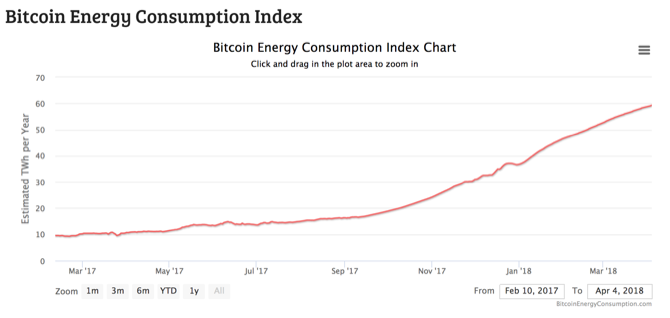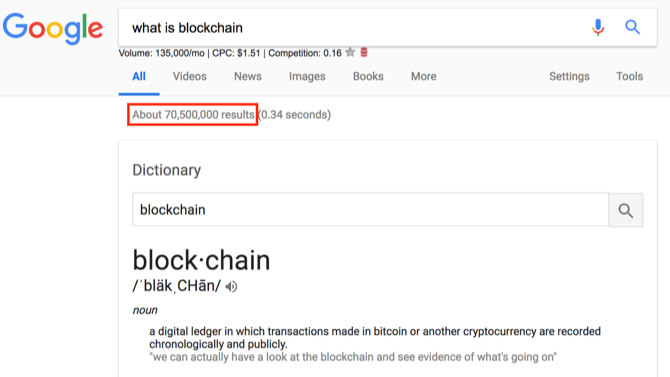But what is blockchain?
What Is Blockchain? The Simple Answer
A blockchain, in the most simple terms, is a distributed ledger.To understand what that means, we’ll first look at its opposite: a centralized ledger. Because blockchain technology got its start in finance, we’ll use the example of a bank.
Here’s what happens when you use your debit card:
- You swipe your card for a purchase at a store.
- The merchant sends a bill to your bank for the amount agreed upon.
- Your bank verifies that it’s likely you who authorized the purchase.
- The bank sends the money to the merchant.
- Finally, the bank makes a record of this information in its ledger.
That ledger is kept, maintained, and regulated by the bank. You might be able to read it in your online bank account, but you can’t change it. The bank is in complete control. If it decides to make a change, there’s nothing you can do about it.
Crucially, if a hacker gets access to the bank’s ledger, they can cause a lot of problems. They could change account balances, make it look like certain transactions never happened, and so on.
Which is why a distributed ledger is so cool.

If a bank operated on a distributed ledger, every member of the bank would have a copy of the ledger going back until the beginning of the bank’s existence. And whenever any member of the bank made a purchase, they’d tell every other member of the bank.
What Is Blockchain? The More Detailed Answer
As we saw above, a blockchain is a decentralized list of transactions. If I send James .02 Bitcoin, I’d send a message to everyone in the network saying “I’m sending James .02 Bitcoin” and they record the transaction.
But the transaction must be validated. And that’s where blockchain technology becomes a bit more complicated. Every Bitcoin wallet (we’ll get to that in a second) has a public key and a private key.
You use the private key to send a transaction request to the other members of the network, and they verify that you have the cryptocurrency in your account. If you do, they allow the transaction to register on the ledger.
The mechanics of the public/private key system are complex, but what it all comes down to is that each transaction is both verifiable and secure.

Bitcoin is skyrocketing in value, but should you invest or is a crash coming? Let's look at what the future could hold for Bitcoin and its investors. Read More
And they’re using a huge amount of electricity to do it. According to Digiconomist, Bitcoin mining consumes about as much electricity as all of Colombia.

It’s also very secure. To change a single block, you’d have to change every block that follows it. And after all that work, verification would fail, because the other copies of the chain would show that someone had tampered with one.
Someone could do it, but it would be astronomically difficult.
The Difficulty in Defining a Blockchain
While the mechanics behind blockchain technology aren’t always intuitive, it seems like it’s not too difficult to explain what a blockchain is. But what we’ve described here is only the traditional definition.
We can use this particular type of blockchain for a wide number of applications; cryptocurrency, sharing medical information, sending secure messages, and so on. But more blockchain-like technologies are in development for other uses.
For example, a company might use an internal blockchain to manage issue tracking in software. Each block on the chain could represent an issue, and users could post updates to the network. But is that a blockchain? The ledger isn’t public in this case—it’s only visible within the company.
Some people would say that makes it not a blockchain.
Other blockchain-like technologies aren’t encrypted. Are they still blockchains? What if it’s centrally managed, but uses other blockchain characteristics? What defines blockchain technology at the lowest level?
There’s no agreement on these matters.
What Is a Blockchain Wallet?
The most important aspect of cryptocurrencies is keeping them safe after buying them! Learn about the most secure wallets for holding bitcoin and other cryptocurrencies. Read More
A wallet is a piece of software or hardware that “holds” your cryptocurrency. But it doesn’t actually hold anything—it’s simply a place that your public and private keys are stored. That information allows you to access the currency that the public ledger says you own.
The wallet is the only record of your keys. So if you lose it, you’ll no longer have access to your cryptocurrency.
Will Blockchains Change the World?
The decentralized nature of blockchain technology has many people talking about the democratization of the internet. And these claims might have some merit. But will blockchain fundamentally change how we communicate, do business, and run our lives?We’ll find out someday. In the end, the technology simply lets us verify transactions without running the risk of a centralized ledger.
We’ll find out someday. In the end, the technology simply lets us verify transactions without running the risk of a centralized ledger.

















